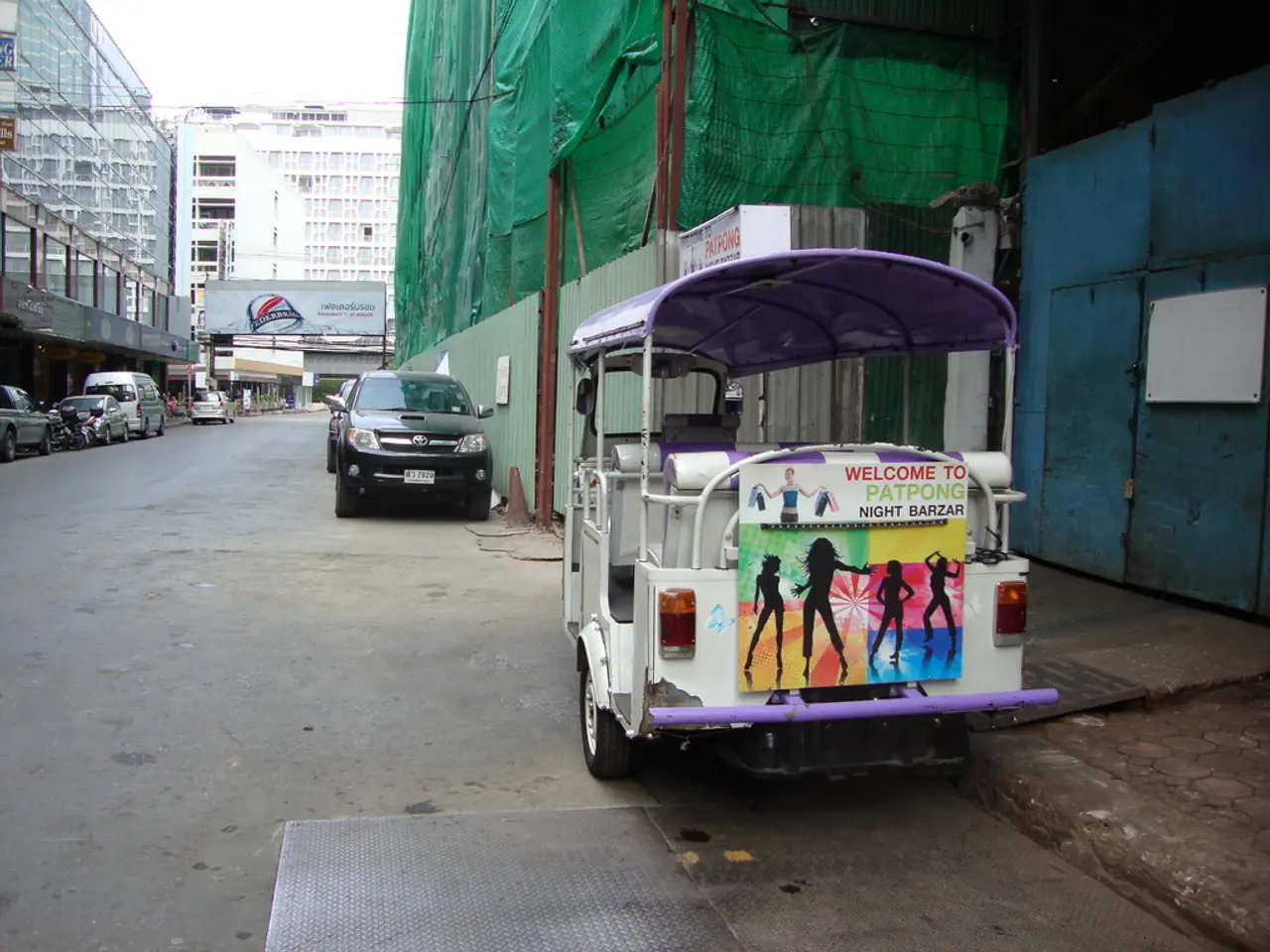India's 'Boomerang Generation': Adults in Their 30s Move Back Home in Droves
Mumbai, India's financial capital, is witnessing a reversal of trends as adults in their 30s are increasingly moving back in with their parents, driven by economic hardship and reflected in Google Trends. This 'Boomerang Generation' is not unique to Mumbai, with similar trends emerging in other Indian metros, particularly post-pandemic.
The trend, sparked by stagnant professional growth, soaring living costs, and rising debt, is creating 'enforced joint family' setups. Four to five adults are now living under one roof, valuing autonomy but bound by financial pressure. Shantanu Deshpande, founder of Bombay Shaving Company, predicted this trend in a viral LinkedIn post. Pew Research data mirrors this trend in the U.S., where nearly one in three adults aged 18-34 live with their parents, with men more likely than women to do so. This trend, dubbed 'hub-sons', sees adult men taking on caregiver roles for their parents.
While the economic impact is significant, the emotional toll is equally challenging. Routine actions like ordering food or planning a vacation can become 'dangerously frictional' under one roof. As real estate prices soar and salaries stagnate, India's young professionals may be facing not just a housing crisis but a generational collision in their living spaces.
The 'Boomerang Generation' trend is a stark reminder of the economic pressures faced by young adults in India's cities. As living costs rise and salaries stagnate, more thirty-somethings may be forced to return to their parental homes, reshaping urban family dynamics and posing challenges that extend beyond economics.
Read also:
- American teenagers taking up farming roles previously filled by immigrants, a concept revisited from 1965's labor market shift.
- Weekly affairs in the German Federal Parliament (Bundestag)
- Landslide claims seven lives, injures six individuals while they work to restore a water channel in the northern region of Pakistan
- Escalating conflict in Sudan has prompted the United Nations to announce a critical gender crisis, highlighting the disproportionate impact of the ongoing violence on women and girls.






